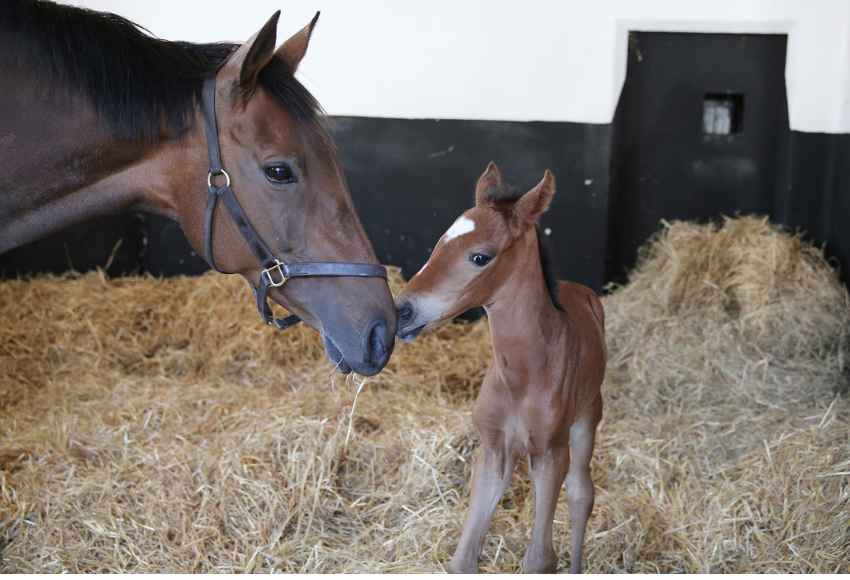Horse Welfare and Advocacy Career Paths

Understanding the various career paths in horse welfare and advocacy is essential for those passionate about equine care and protection. This article explores the key roles, necessary qualifications, and opportunities within this rewarding field.
Introduction to Horse Welfare
Horse welfare encompasses the physical and psychological well-being of horses. Advocates work to ensure horses receive proper nutrition, medical care, humane treatment, and safe living environments.
Key Career Paths in Horse Welfare and Advocacy
| Career Path | Description | Required Qualifications | Typical Employers |
|---|---|---|---|
| Equine Veterinarian | Provides medical care, diagnoses illnesses, and performs surgeries on horses. | Veterinary degree with specialization in equine medicine | Veterinary clinics, equine hospitals, research institutions |
| Equine Welfare Officer | Monitors horse welfare, investigates abuse cases, and enforces animal protection laws. | Background in animal welfare or law enforcement | Animal welfare organizations, government agencies |
| Equine Behaviorist | Studies horse behavior to improve training methods and welfare conditions. | Degree in animal behavior or psychology | Training centers, research labs, welfare organizations |
| Equine Rescue Worker | Participates in rescuing horses from neglect or abuse and facilitates rehabilitation. | Experience in animal care and rescue operations | Rescue centers, sanctuaries, NGOs |
| Advocacy and Policy Specialist | Develops policies and campaigns to promote horse welfare and influence legislation. | Degree in public policy, law, or related fields | Nonprofits, advocacy groups, government bodies |
Skills and Qualifications
- Educational Background: Degrees in veterinary science, animal behavior, public policy, or related fields.
- Practical Experience: Volunteering or internships at rescue centers, veterinary clinics, or advocacy groups.
- Soft Skills: Compassion, communication, problem-solving, and resilience.
How to Get Started
- Research: Learn about different roles and organizations.
- Education: Pursue relevant degrees or certifications.
- Volunteer: Gain hands-on experience.
- Network: Connect with professionals in the field.
- Apply: Seek internships or entry-level positions.
Challenges and Rewards
Working in horse welfare can be emotionally demanding due to exposure to neglect and abuse cases. However, the opportunity to make a tangible difference in horses’ lives offers immense personal and professional fulfillment.
Frequently Asked Questions (FAQ)
Q1: What qualifications do I need to become an equine veterinarian?
A1: You need a veterinary degree with specialization in equine medicine, which typically involves completing a Doctor of Veterinary Medicine (DVM) program and additional equine-focused training.
Q2: Can I work in horse welfare without a formal degree?
A2: Yes, many roles such as rescue workers or volunteers do not require formal degrees but benefit greatly from experience and training.
Q3: What organizations employ horse welfare advocates?
A3: Employers include animal welfare nonprofits, government agencies, veterinary hospitals, rescue centers, and advocacy groups.
Q4: How can I make a difference in horse welfare?
A4: Volunteering, educating others, advocating for better laws, and pursuing a career in the field are effective ways to contribute.
This comprehensive guide aims to inform and inspire those interested in pursuing careers dedicated to the welfare and advocacy of horses, highlighting the diverse opportunities and pathways available.
